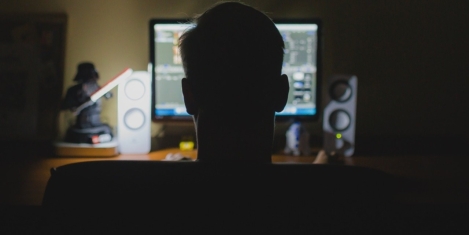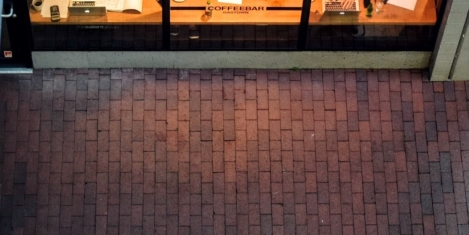To provide the best experiences, we use technologies like cookies to store and/or access device information. Consenting to these technologies will allow us to process data such as browsing behaviour or unique IDs on this site. Not consenting or withdrawing consent, may adversely affect certain features and functions.
The technical storage or access is strictly necessary for the legitimate purpose of enabling the use of a specific service explicitly requested by the subscriber or user, or for the sole purpose of carrying out the transmission of a communication over an electronic communications network.
The technical storage or access is necessary for the legitimate purpose of storing preferences that are not requested by the subscriber or user.
The technical storage or access that is used exclusively for statistical purposes.
The technical storage or access that is used exclusively for anonymous statistical purposes. Without a subpoena, voluntary compliance on the part of your Internet Service Provider, or additional records from a third party, information stored or retrieved for this purpose alone cannot usually be used to identify you.
The technical storage or access is required to create user profiles to send advertising, or to track the user on a website or across several websites for similar marketing purposes.
 The amount of unpaid overtime that workers around the world are doing has soared in the past year; unpaid overtime in the UK has steadily risen from six hours in 2019 to seven hours in 2020 in the advent of COVID-19, to almost eight hours in 2021, claims a new study by the ADP Research Institute, People at Work 2021: A Global Workforce View. (more…)
The amount of unpaid overtime that workers around the world are doing has soared in the past year; unpaid overtime in the UK has steadily risen from six hours in 2019 to seven hours in 2020 in the advent of COVID-19, to almost eight hours in 2021, claims a new study by the ADP Research Institute, People at Work 2021: A Global Workforce View. (more…)






 New polling in a
New polling in a 
 Research from
Research from 
 A new report from
A new report from 
 While we remain eager to safely leave coronavirus restrictions behind us and return to normal, there are several changes brought about by the pandemic which UK employees hope will stick around. The most important one being hybrid working, according to new research from
While we remain eager to safely leave coronavirus restrictions behind us and return to normal, there are several changes brought about by the pandemic which UK employees hope will stick around. The most important one being hybrid working, according to new research from 
 The future of work is neither here (at home) nor there (at the office). The hybrid post-pandemic model for the workplace is quickly coming into play, whereby employees work in the office for part of the week and log in from home for the rest, with staff rotating in and out, connecting virtually and in real life, all from various spots on the globe. Even as restrictions ease, it’s clear that work as we know it may never be the same. Full-time 9-5 commuting schedules are a thing of the past, but the practice of having the entire team conference together on Zoom from their couches is quickly ending as well.
The future of work is neither here (at home) nor there (at the office). The hybrid post-pandemic model for the workplace is quickly coming into play, whereby employees work in the office for part of the week and log in from home for the rest, with staff rotating in and out, connecting virtually and in real life, all from various spots on the globe. Even as restrictions ease, it’s clear that work as we know it may never be the same. Full-time 9-5 commuting schedules are a thing of the past, but the practice of having the entire team conference together on Zoom from their couches is quickly ending as well. 
 Over the past year we’ve all become accustomed to working from home and now, the number of businesses setting permanent remote working strategies is growing. Consequently, this affects HR departments and their ways of working. The office is losing its status as the daily workplace and communication between colleagues has shifted to virtual channels. In order to manage remote workers appropriately and effectively, a manager who specialises in remote work could become more and more relevant in HR departments across the world.
Over the past year we’ve all become accustomed to working from home and now, the number of businesses setting permanent remote working strategies is growing. Consequently, this affects HR departments and their ways of working. The office is losing its status as the daily workplace and communication between colleagues has shifted to virtual channels. In order to manage remote workers appropriately and effectively, a manager who specialises in remote work could become more and more relevant in HR departments across the world. 


 Research from
Research from 









June 14, 2021
Hybrid working will impact younger people in very specific ways
by Nick Gallimore • Comment, Flexible working, Wellbeing